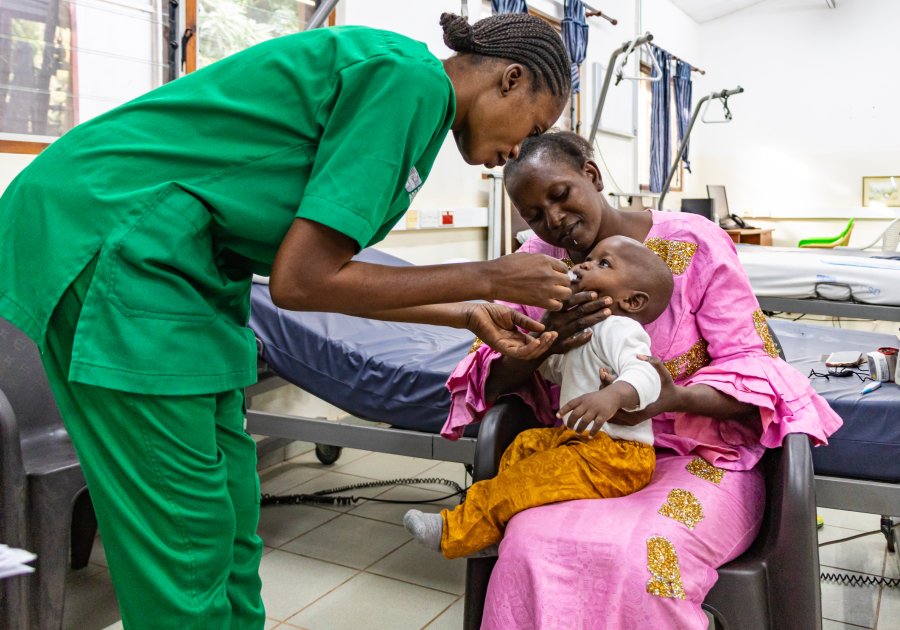
In the 1980s, my childhood in Nigeria was marked by the presence of neighbours afflicted with paralysis, likely stemming from previous polio infections. These individuals often relied on braces, crutches, or wheelchairs for mobility, underscoring the severity of the disease's effects. However, not all who required such aid could access them due to financial constraints. Consequently, polio was synonymous with limb paralysis, perpetuating fear, and misinformation due to limited public understanding of its causes.
Personal encounters with friends, classmates, later work colleagues, and even a teacher who lived with physical disabilities resulting from polio infections, reinforced the gravity of the disease. Yet, it was not until my medical school training that I realised the fortunate survival of these individuals, as others afflicted with respiratory paralysis or more severe manifestations may not have reached such milestones in life. As a researcher actively involved in this area, it made for interesting and exciting research activities ahead.
Poliovirus, transmitted through the fecal-oral route, presents both challenges and opportunities for control. While basic hygiene practices and proper sewage management can mitigate transmission, these measures prove challenging in low- and middle-income countries (LMICs). Vaccination emerges as a crucial tool in interrupting person-to-person virus transmission, with significant advancements achieved through the development of vaccines like the Salk (injected) and Sabin (oral) vaccines since the 1950s. However, despite progress, polio continues to pose a threat, particularly to people living in resource-limited areas.
Of the three types of the virus, one (type 2) was reported as eradicated in 2015. As a result of this, vaccines against the other virus types (bOPV – bivalent OPV against type 1 and type 3) became widely adopted. It was noted however that a growing number of individuals were falling ill due to viruses present in the earlier vaccine. Although these viruses had been diminished in the vaccine, genetic alterations enabled them to also induce cases of polio. They are called circulating vaccine-derived poliovirus (cVDPV) and used to be rare but more recently became a serious concern. More than 80% of these were caused by the type 2 virus.
The rapid development and deployment of the new (novel) oral polio vaccine type 2 (nOPV2) in response to this challenge, underscores the urgency of containing these vaccine-derived strains. This nOPV2 has been engineered to prevent its ability to cause infection.
Amid uncertainties surrounding the introduction of the nOPV2 vaccine in The Gambia, our team at Medical Research Council Unit The Gambia at the London School of Hygiene and Tropical Medicine navigated challenges to ensure the successful completion of recruitment for a pivotal study, published this week in The Lancet. Close collaboration with local public health officials and the unwavering support of the Gambian government were instrumental in achieving our objectives. Through partnerships with PATH and Biofarma, we remain committed to addressing the evolving landscape of polio eradication efforts.
The promising results of the nOPV2 vaccine trials offer hope for improved protection against the virus in the body, when compared to existing vaccines. Designed to enhance genetic stability and mitigate the risk of vaccine-associated adverse events, the novel vaccine represents a significant advancement in polio control strategies.
As we forge ahead, the path towards a polio-free future remains fraught with challenges. Nonetheless, our collective efforts and dedication to leveraging innovative solutions offer promises to overcome these obstacles and ultimately eradicate polio once and for all.
LSHTM's short courses provide opportunities to study specialised topics across a broad range of public and global health fields. From AMR to vaccines, travel medicine to clinical trials, and modelling to malaria, refresh your skills and join one of our short courses today.
